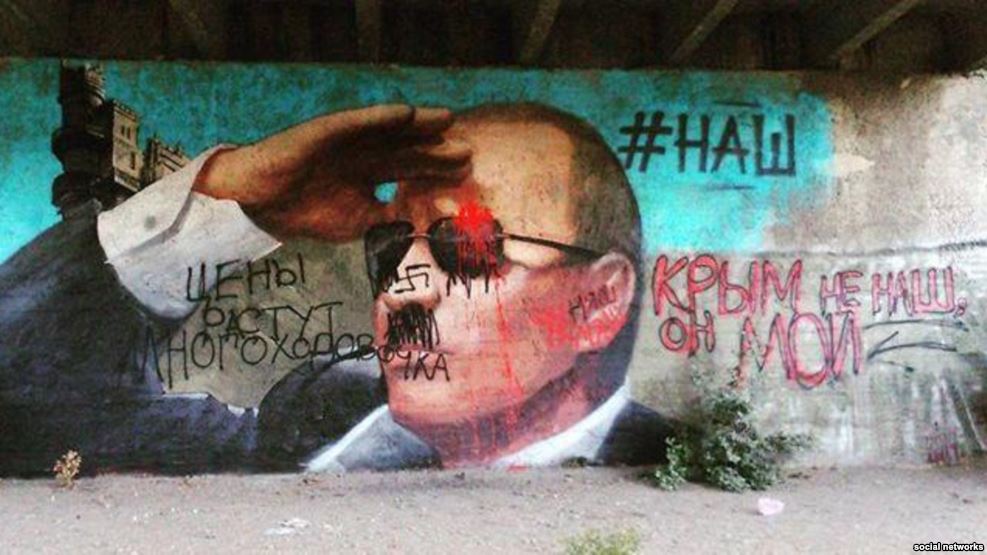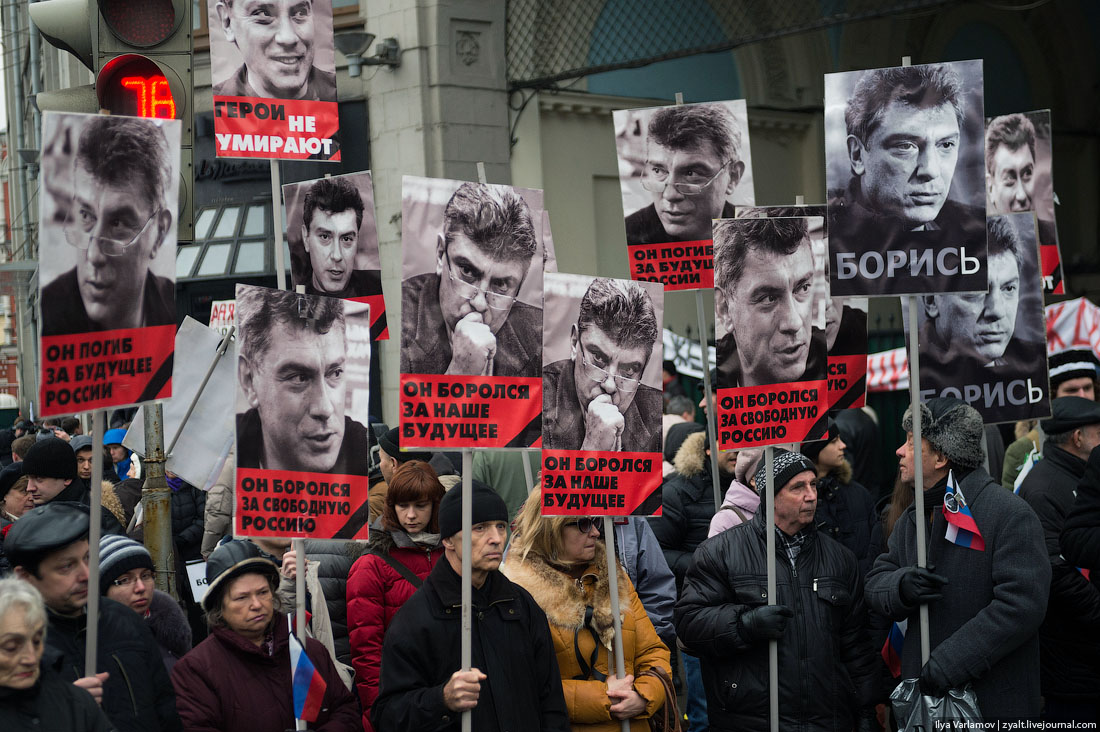Two years after the beginning of the Euromaidan revolution, and two weeks after a leading group of Ukrainian intellectuals released their take on a new social contract for Ukraine, the Kyiv Post brought together Ukrainian civic and political leaders with leading experts to explore how this contract could actually be built. The 4th annual Tiger conference gathered 24 speakers and over 350 participants in Kyiv on 2 December 2015.
Why does Ukraine need a new social contract?
Ukraine is still transitioning from a totalitarian system with suppressed individuality, which was the USSR, to a functioning democracy with individual freedom and individual responsibility. Over 24 years of independence, Ukrainian society functioned under a specific post-soviet set of values (“the Old Contract”); the Euromaidan revolution was a pivotal point that showed that this set of values no longer works (hence, the need of a “New Contract”). Specifically, according to Yuriy Vitrenko, managing director of Naftogaz, Ukraine’s national oil and gas company:
The Old Contract was paternalistic and kleptocratic. It had stable and low subsidized prices (namely, for energy), a stable currency, and slowly rising social standards. In return, people would allow the ruling elite to steal and pretend that they had a democracy. Subsidized gas was one of the pillars of the old social contract in Ukraine.
This type of contract was not sustainable in Ukraine, Vitrenko said. In order to sustain it, a country must have vast natural resources, such as Russia or Qatar. The ruling elite can’t keep their power if people complain about their life, as it was in Ukraine.
The New Contract, on the contrary, provides that people accept that, on the one hand, they are responsible for our own life, and on the other hand, that the ruling elite should be responsible and represent the people, there should be real democracy and a real rule of law – something we call a western democracy.
How do we move forward to this social contract
There are many difficulties along the path. Some of those that the Tiger conference speakers noted are:
- There are many Old Contract people in the government, it’s hard getting people of the New Contract in, hence, reforms are slow;
- There is a traditional gap between civil society and bureaucracy; hence, people of the New Contract can’t influence the Old Contract structures;
- There are simply not enough people with New Contract values to fill the positions;
- There is a lack of vision, or perhaps, of communicating a vision of where this country is heading.
1. Getting new people into The System
Apparently, there are two problems that Ukraine faces here: low wages for civil servants and a low probability that new people will really get the opportunity to change the system. Speaking at the Rule of Law panel, Davit Sakvaleridze, Deputy Chief Prosecutor of Ukraine, told of a failure to attract successful external lawyers into the Prosecutor’s Office via a public procurement procedure, and explained it by the low salaries offered for Ukrainian bureaucratic positions. He reiterated a notion often seen as central when speaking about reforms in Ukraine’s government – make the salaries high enough and people won’t steal or misuse the law. Daria Kalenyuk, Executive Director of the Anti-Corruption Center, objected: according to her, successful professionals will come to work for a low salary if they feel they can change the system. So far, they don’t receive such signals from the Prosecutor’s Office, with the current General Prosecutor Shokin still being in his position despite accusations of corruption, extensive criticism from Ukrainian and international experts, and demands for resignation from civil society.
2. Bridging the gap between civil society and the government
“The battle between old and new Ukraine depends on how much civil society will be able to influence and interact with agents of change inside the system. Emergence of a system where public masters will become public servants. This is a unique opportunity for Ukraine,” said Daniel Bilak, former UNDP reform adviser to Ukraine’s government, at the Rule of Law panel. According to Dariya Kalenyuk, there are 10 such agents of change inside the Prosecutor’s office, and they are probably inside other structures also. What is lacking for them is a system of social lifts, so they would get into influential positions. Oksana Syroid, vice speaker of the Verkhovna Rada, holds that the rule of law starts not with justice, but with operational democratic institutions and scrutiny of the government. According to her, Ukrainian civil society has learned how to scrutinize the work of the parliament, and now it’s time to learn how to cooperate and establish a culture of dialogue between the people and the power.
3. Educating people with New Contract values
Oksana Syroid mentioned that a major problem with the judicial reform and lustration is that the majority of current judges don’t have values that are needed to do justice, and vetting is needed on the criteria of integrity and anti-corruption. Reforming the public administration faces the same problem – adopting new laws isn’t enough, there are not enough people that would be able to apply. Apparently, there is a need for education and affirming new values. Virgilijus Valančius, former President of the Supreme Administrative Court in Lithuania, told education was one of the main factors behind the success of Lithuania’s judicial reform, which took place in 1995. “In transitional countries, we should change focus from investment into buildings to investment into people,” he explains, adding that in Lithuania, many people went through language courses after the dissolution of the USSR. Both he and Davit Sakvaleridze noted that Ukraine suffers from an inflation of legislative process, when loads of laws are adopted, but it doesn’t lead to change, as there is no systemic thinking.
4. Communicating a vision
People are ready for change when they see a goal at the end; currently, no such goal is perceived by the public. When Martin Luther King Jr. pronounced “I have a dream,” it captivated and moved millions towards a goal, Dmytro Shymkiv, Deputy Head of the State Administration of the President of Ukraine, mentioned as an example of a vision that would move and unite people. Ilya Ponomarev, the only member of the Russian parliament to vote against the annexation of Crimea, said this vision was already present at Euromaidan camp in Kyiv, speaking at the Visionary Leadership panel. It was a small government with the rule of law.
“We know Ukrainians are entrepreneurial, intelligent, hardworking. Now the question is putting the pieces back to restore the virtuous cycle,” Natalie Jaresko, Minister of Finance of Ukraine, said when presenting her five-year vision for Ukraine:
- In five years, we’ve restored the social contract between the people and the state and restore the virtuous cycle, to have people believe that the economy is worth risking for;
- Justice is the second part. Restoring social justice, how people are treated, ensuring that they are paying their fair share of taxes, that the laws apply to everyone. As we build it, we will have a virtuous cycle when people believe again, when people know they are not going to bribe the national police;
- Prosperity. If it doesn’t lead to prosperity, who needs it? Otherwise, nobody will invest in the future. We need to create jobs where people will have a chance to be creative and be innovative;
- Trust. Rebuilding the trust in the social contract. During Maidan it was proved that not a single institution was serving the interests of the Ukrainian people. Today, step by step, we need to restore that trust. When it’s the use of the taxpayer money – you have to build trust that those taxes are being used wisely. We can see that people today are willing to fund the army. We need to build more and more of these public services.
“The solutions to our problems are not complicated. We have to stay on course, and I think we accelerated,” noted Ms.Jaresko.
Given from the round of applause that this plan received from the audience, this might very well be the Ukrainian dream.








